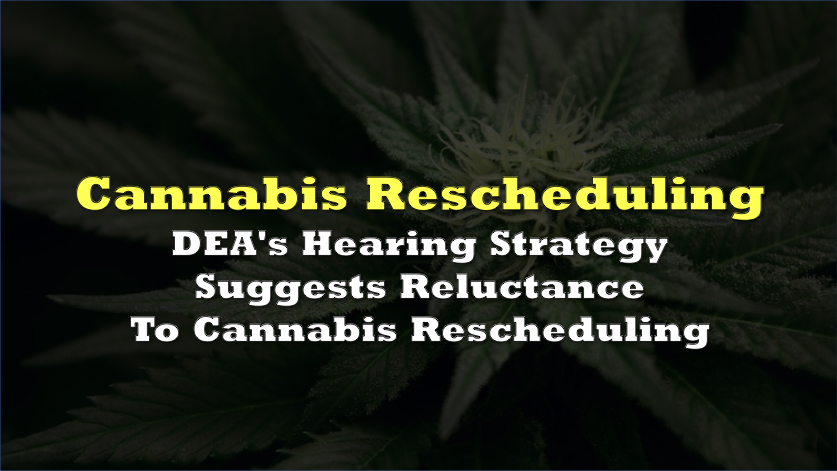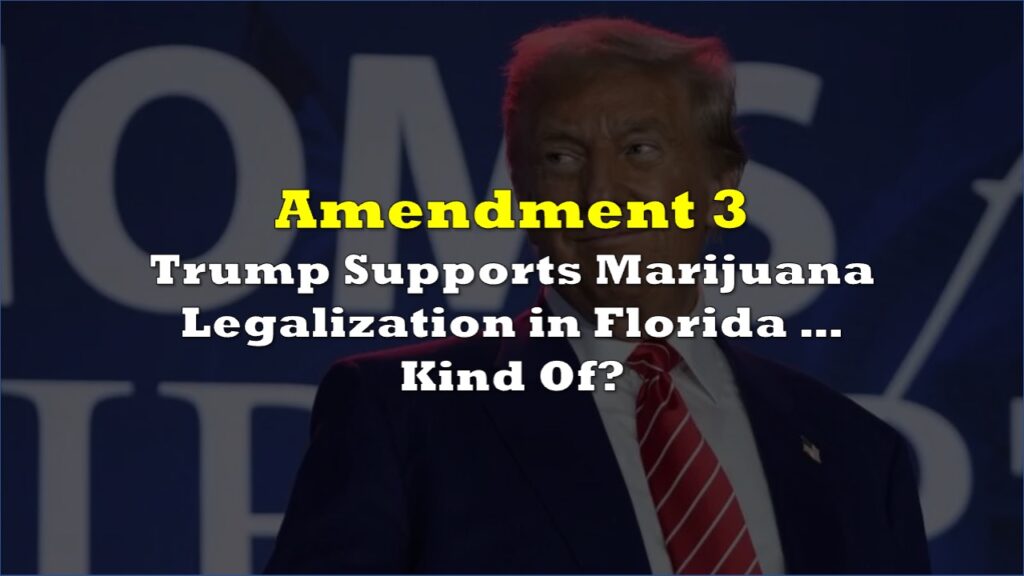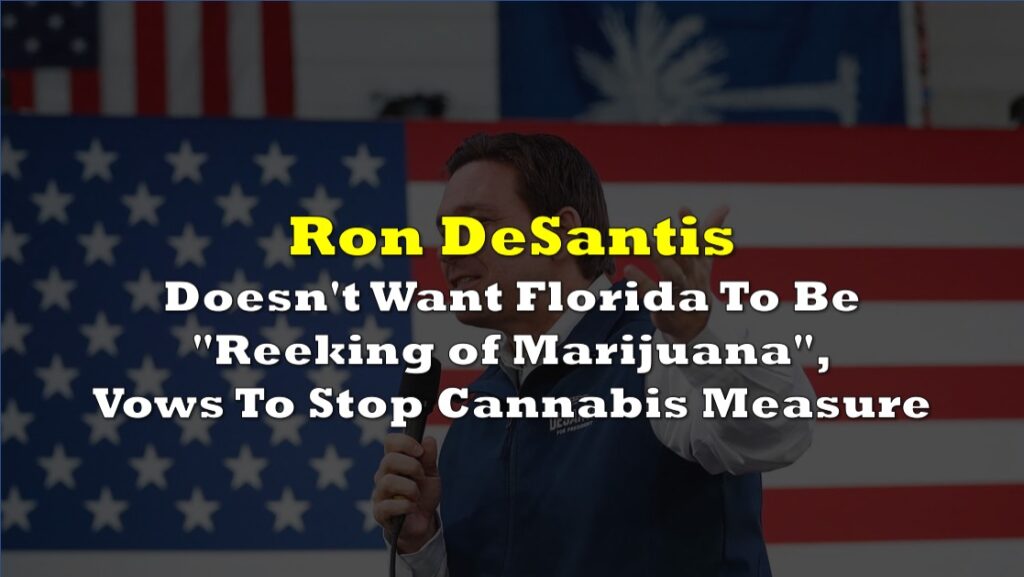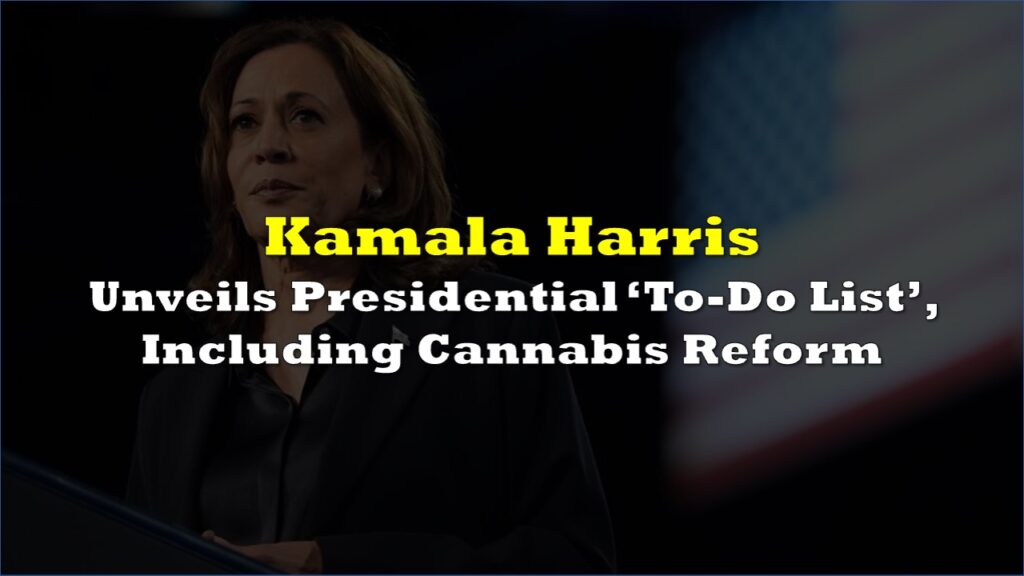The anticipated reform of federal marijuana policy has hit a significant snag, as the Drug Enforcement Administration announced a public hearing on the proposed rescheduling of cannabis. The hearing, set for December 2, 2024, effectively delays any final decision on the matter until after the upcoming November election, creating uncertainty around the timeline and the future of marijuana regulation in the United States.
The momentum for rescheduling marijuana began earlier this year when the U.S. Department of Justice proposed moving cannabis from a Schedule I to a Schedule III controlled substance under the Controlled Substances Act. This move, if finalized, would mark a dramatic shift in federal drug policy, as marijuana has been classified as a Schedule I drug—indicating high potential for abuse and no accepted medical use—since 1970.
In March, the DOJ opened a 60-day public comment period on the proposal, during which it received over 40,000 submissions. These comments highlighted the divided opinions on the issue, with strong arguments both for and against rescheduling. Following the review of these comments, the DEA agreed to an administrative hearing, a step requested by various stakeholders to further deliberate on the matter.
The scheduling of the hearing on December 2 has raised concerns among advocates and stakeholders who were hoping for a quicker resolution. The delay means that the rescheduling process will not be completed before the November 2024 elections, a reality that could impact the final outcome depending on the results of the election and any subsequent changes in administration.
Marijuana Moment’s Tom Angell expressed his disappointment on social media, stating, “As I’ve been saying, signals always pointed to DEA not being on board and likely wanting delay. What we really learned today is that the Biden-Harris admin doesn’t care enough about cannabis—or see its political value—to overrule DEA and force this through.”
IMO, as I’ve been saying, signals always pointed to DEA not being on board and likely wanting delay.
— Tom Angell 🌳📰ⓥ (@tomangell) August 26, 2024
What we really learned today is that the Biden-Harris admin doesn’t care enough about cannabis—or see its political value—to overrule DEA and force this through.
Disappointing. https://t.co/dt3h8jtWIj
Other market commentators like X user @BettingBruiser, echoed this sentiment, suggesting that the delay was predictable and possibly politically motivated: “Another prediction of mine coming true… that rescheduling would NEVER be done in time. The DEA is conflicted. Their budget depends on it.”
In its notice for the upcoming hearing, the DEA laid out its reasoning for the delay, emphasizing the need for additional information on several key issues raised during the public comment period. The agency indicated that the hearing would allow for a more thorough examination of these topics, which are crucial to the scientific review that informed the DOJ’s recommendation to reschedule marijuana.
Another prediction of mine coming true… that rescheduling would NEVER be done in time.
— Betting Bruiser (@BettingBruiser) August 26, 2024
The DEA is conflicted. Their budget depends on it.
You can thank the do-nothing democrats like Chuckie Cheese Schumer. $MSOS https://t.co/3Im7limm6v
DEA Administrator Anne Milgram, who did not sign the initial rescheduling proposal, underscored the importance of the upcoming hearing in ensuring a fair and comprehensive review process.
“Following that assessment, I will designate a presiding officer to preside over the hearing,” Milgram stated. This officer will have broad authority to conduct the hearing, including the power to issue subpoenas, examine witnesses, and rule on procedural matters.
The hearing represents an extra layer of scrutiny, which some see as evidence of the DEA’s skepticism towards the rescheduling proposal. The agency has historically been resistant to changes in marijuana policy, and the decision to hold a hearing rather than proceed directly to rulemaking has fueled speculation that the DEA may be looking for reasons to delay or even derail the rescheduling process.
The delay has sparked reactions from both sides of the political aisle, with some lawmakers expressing frustration over the slow pace of reform. Senate Majority Leader Chuck Schumer, along with other top Democrats, had previously urged the DEA to expedite the process, highlighting the potential benefits of rescheduling for research and state-licensed cannabis businesses.
However, not all lawmakers are in favor of the proposed changes. Sen. Bill Cassidy criticized the Biden administration for what he described as a lack of transparency in the rescheduling process, suggesting that the move may be politically motivated rather than based on sound science.
“Repeated refusals from federal agencies to brief Congress on its plans and justification for rescheduling marijuana fuel speculation that the proposed policy change is politically motivated,” Cassidy stated.
Similarly, a group of 25 GOP congressional lawmakers submitted a letter during the public comment period opposing the rescheduling proposal, arguing that the government’s recommendation was driven by political considerations rather than scientific evidence.
Information for this briefing was found via Marijuana Moment and the sources mentioned. The author has no securities or affiliations related to this organization. Not a recommendation to buy or sell. Always do additional research and consult a professional before purchasing a security. The author holds no licenses.









